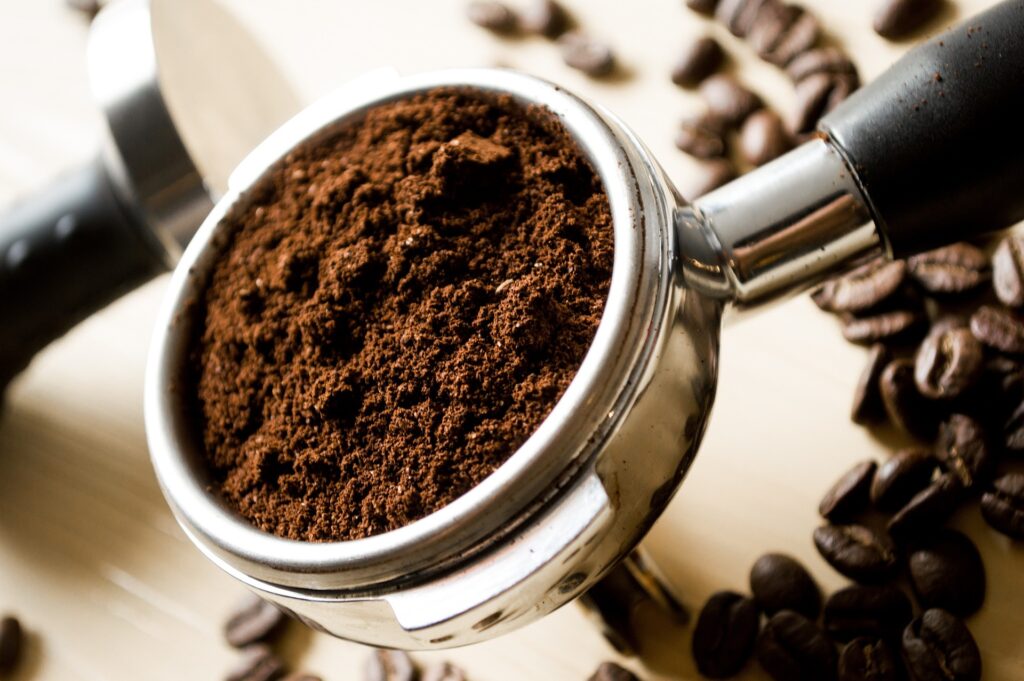If you’re like most people, you probably use vinegar to descale your coffee maker. However, did you know that there are other ways to descale your coffee maker without vinegar? Here are a few tips on how to descale your coffee maker without vinegar.
Why descale your coffee maker
Descaling is an important part of cleaning your coffee maker, and it should be done every few months to keep your coffee tasting its best. Over time, mineral deposits can build up in your coffee maker, affecting the flavor of your coffee and potentially causing damage to the machine. Descaling removes these deposits and helps keep your coffee maker running smoothly.
There are a few different ways to descale a coffee maker, but most methods require the use of vinegar or another acidic solution. While vinegar is an effective descaling agent, it can leave behind a strong odor that some people find unpleasant. If you’re looking for a way to descale your coffee maker without vinegar, there are a few methods you can try.
One option is to use lemon juice instead of vinegar. Lemon juice is chemically similar to vinegar, so it can be just as effective at descaling your coffee maker. However, like vinegar, lemon juice can also leave behind a strong scent. If you don’t mind the smell of lemon in your coffee maker, this may be a good option for you.
Another option is to use a commercial descaling solution designed specifically for coffee makers. These products are usually more expensive than vinegar or lemon juice, but they’re also more effective and less likely to leave behind any residual odor.
If you’re looking for the most effective way to descale your coffee maker without using vinegar or lemon juice, consider using a commercial descaling solution designed specifically for coffee makers. These products are usually more expensive than vinegar or lemon juice, but they’re also more effective and less likely to leave behind any residual odor.

How often should you descale your coffee maker
Depending on the water hardness in your area and how often you use your coffee maker, you may need to descale as often as every month or two, or as little as once every 6-12 months. If you notice that your coffee maker isn’t working as well as it used to, descaling might be in order.
What are the benefits of descaling your coffee maker
Descaling your coffee maker regularly helps to extend its lifespan and keep it running smoothly. This simple process removes built-up minerals from the water reservoir, heating element, and spray head, which can lead to a better tasting cup of coffee. In addition, descaling helps to prevent limescale build-up, which can be difficult to remove and cause long-term damage to your coffee maker.
How to descale your coffee maker without vinegar
If you’re tired of using vinegar to descale your coffee maker, there are a few other descaling solutions you can try. Lemon juice is a popular choice, as it’s both effective and non-toxic. You can also use citric acid, which is available in most grocery stores. Simply mix either of these ingredients with water and run it through your coffee maker as you would with vinegar.
If you’d prefer to use a commercial descaling solution, there are many on the market that are safe for use with coffee makers. Be sure to follow the manufacturer’s instructions carefully, as some require you to run multiple cycles of the solution through your machine.
Of course, the best way to keep your coffee maker free of scale buildup is to clean it regularly. Be sure toEmpty and rinse the carafe after each use. At least once a week, wash the carafe and brew basket in warm, soapy water. And every month or so, give your machine a thorough cleaning by following the manufacturer’s instructions. This will help extend the life of your coffee maker and keep it brewing great-tasting coffee for years to come

How to clean coffee maker without vinegar
You Will Need:
-1 liter of water
-Juice of 1 lemon
Instructions:
1. Run a brewing cycle with just water to wet the coffee maker.
2. Fill the water reservoir with a mixture of equal parts water and lemon juice.
3. Run a brewing cycle.
4. Rinse the coffee maker thoroughly with fresh water.
Tips for descaling and cleaning your coffee maker
Regular descaling and cleaning of your coffee maker is important to keep it running properly and to prevent the build-up of coffee oils and minerals. Coffee makers can be descaled with a variety of household products, but vinegar is one of the most effective.
There are a few things to keep in mind when descaling your coffee maker with vinegar:
– Use a mild vinegar, such as white vinegar or apple cider vinegar. Avoid using strong cleaners like bleach or ammonia.
– Dilute the vinegar with water in a 1:1 ratio.
– Run a full brew cycle with the diluted vinegar solution, then run 2-3 cycles with just plain water to remove any residual vinegar taste.
Once you’ve descaled your coffee maker, it’s also important to clean it on a regular basis. This can be done by wiping down the exterior with a damp cloth, and cleaning the interior parts (such as the carafe, filter basket, and spray head) with soapy water.
FAQs about descaling and cleaning your coffee maker
Q: Do I need to descale my coffee maker?
A: Yes, you should descale your coffee maker every 3-6 months to prevent limescale build-up and keep your coffee tasting fresh.
Q: Can I use vinegar to descale my coffee maker?
A: No, you should not use vinegar to descale your coffee maker. Vinegar is too acidic and can damage the internal components of your coffee maker.
Q: How can I descale my coffee maker without vinegar?
A: You can use a store-bought descaling solution or a mixture of water and baking soda. Follow the instructions on the package or see our how-to guide below.
Q: How often should I clean my coffee maker?
A: You should clean your coffee maker once a week with hot, soapy water.